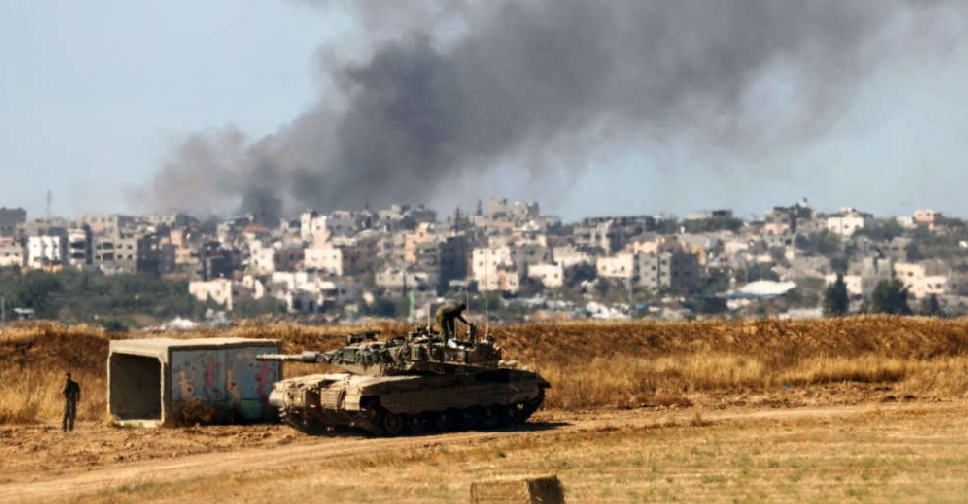
Israel's tanks pushed into the heart of Jabalia in northern Gaza on Thursday, facing anti-tank rockets and mortar bombs from militants concentrated there, while in the south, its forces pounded Rafah without advancing.
The slow progress of Israel's offensive, more than seven months after it was prompted by Hamas' deadly cross-border raid, highlighted the difficulty of achieving Prime Minister Benjamin Netanyahu's aim of eradicating the militant group.
Armed wings of Hamas have been able to fight up and down the Gaza Strip, using heavily fortified tunnels to stage attacks in both the north - the focus of Israel's initial invasion - and new battlegrounds like Rafah.
"We are wearing Hamas down," Israeli Defence Minister Yoav Gallant said, announcing that more troops would be deployed in Rafah, where he said several tunnels had been destroyed.
Senior Hamas official Sami Abu Zuhri responded that the group would defend its people "by all means".
Israel says four Hamas battalions are now in Rafah along with hostages abducted during the October 7 assault, but it faces international pressure not to invade the city, where hundreds of thousands of displaced Palestinian civilians are sheltering.
South Africa asked the top UN court to order a halt to Israel's Rafah offensive, saying it was "part of the endgame in which Gaza is utterly destroyed". Israel has denied South African allegations of genocide in Gaza and said it had complied with an earlier court order to step up aid.
The Gaza death toll has risen to 35,272, health officials in the Hamas-run coastal enclave said, and malnutrition is widespread with international aid efforts blocked by the violence and Israel's de-facto shutdowns of its Kerem Shalom crossing and the Rafah border crossing with Egypt.
Israel says Hamas is diverting aid and it needs to eliminate the organisation for its own protection after the deaths of 1,200 people on October 7, and to free the 128 hostages still held out of 253 abducted, according to its tallies.



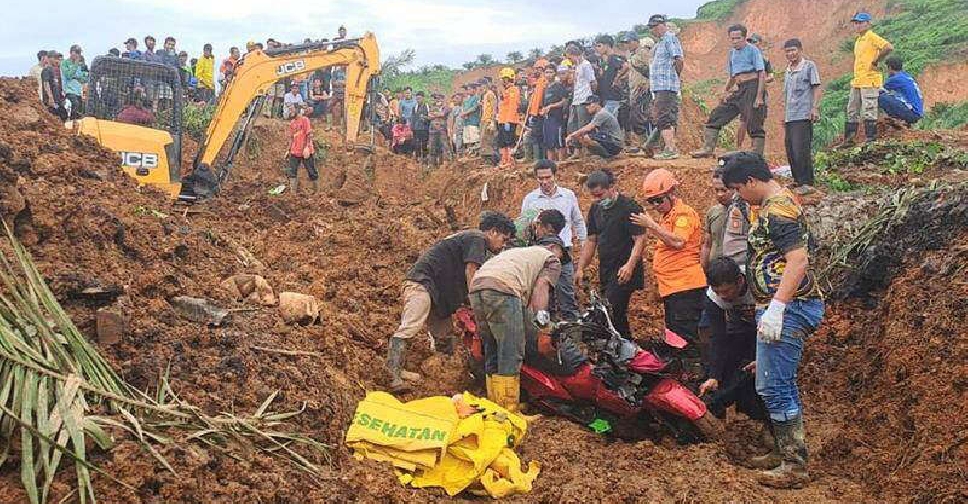 Seven dead, 82 missing in Indonesian landslide
Seven dead, 82 missing in Indonesian landslide
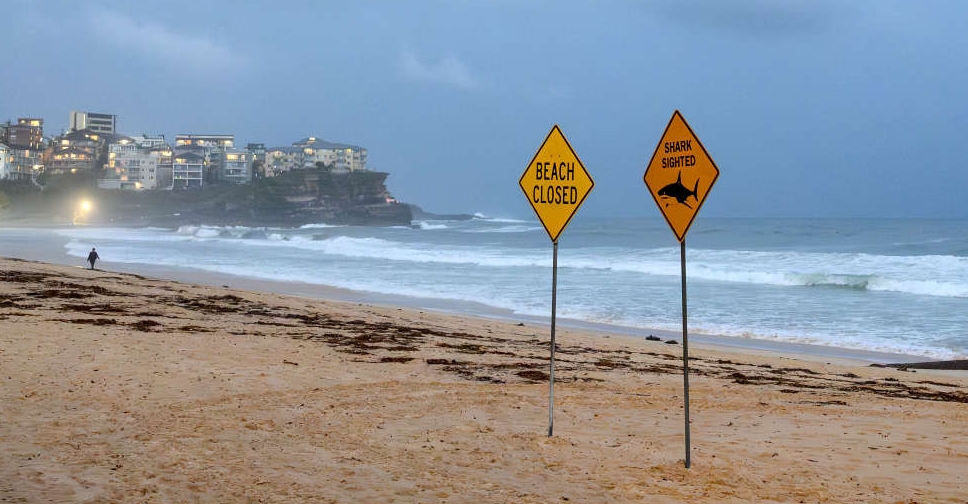 Australian boy dies after shark attack in Sydney Harbour
Australian boy dies after shark attack in Sydney Harbour
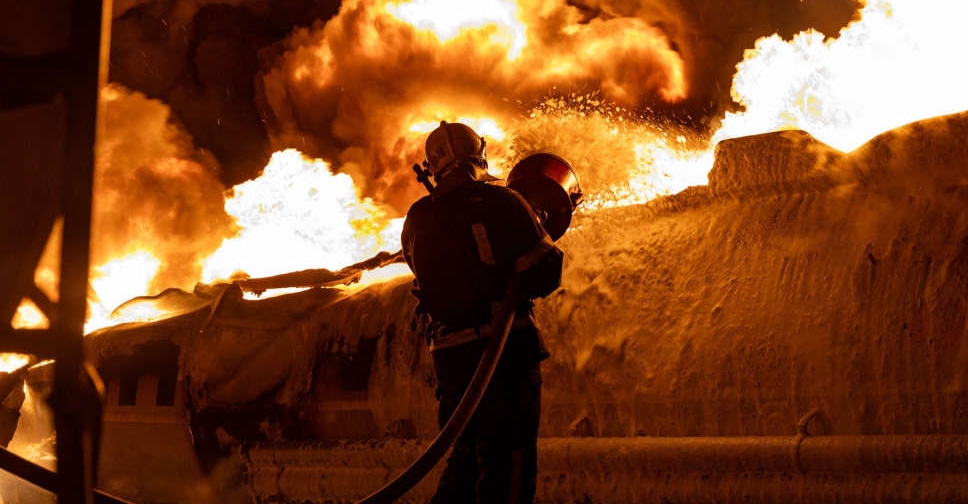 One dead as Ukraine's two largest cities under Russian attack
One dead as Ukraine's two largest cities under Russian attack
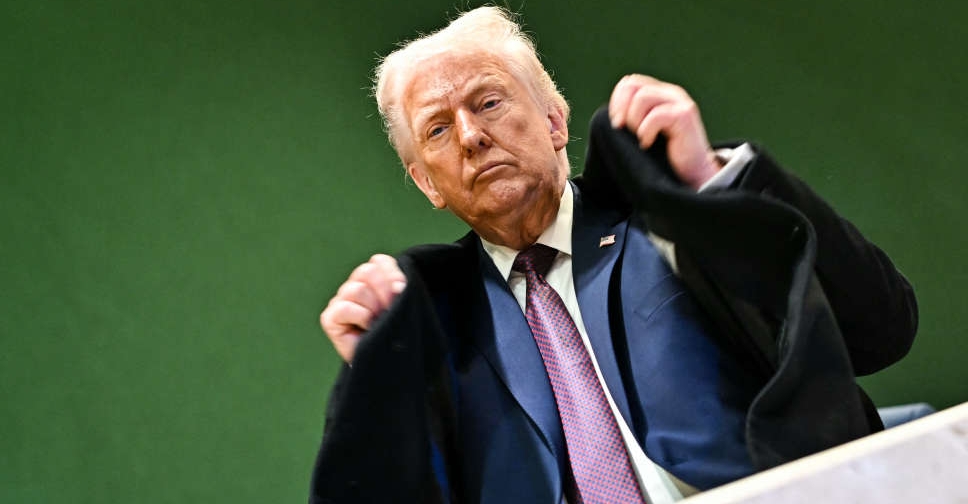 US withdraws from World Health Organisation
US withdraws from World Health Organisation
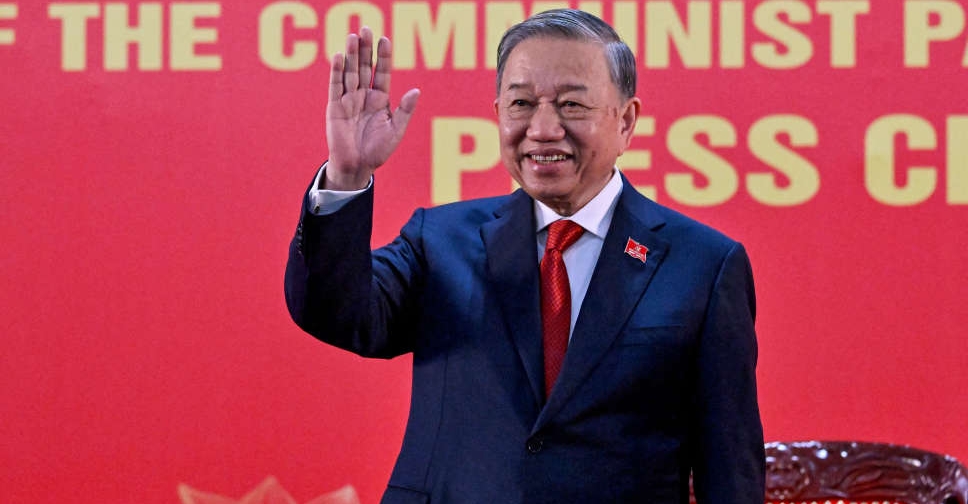 To Lam wins second term to rule Vietnam for next five years
To Lam wins second term to rule Vietnam for next five years







